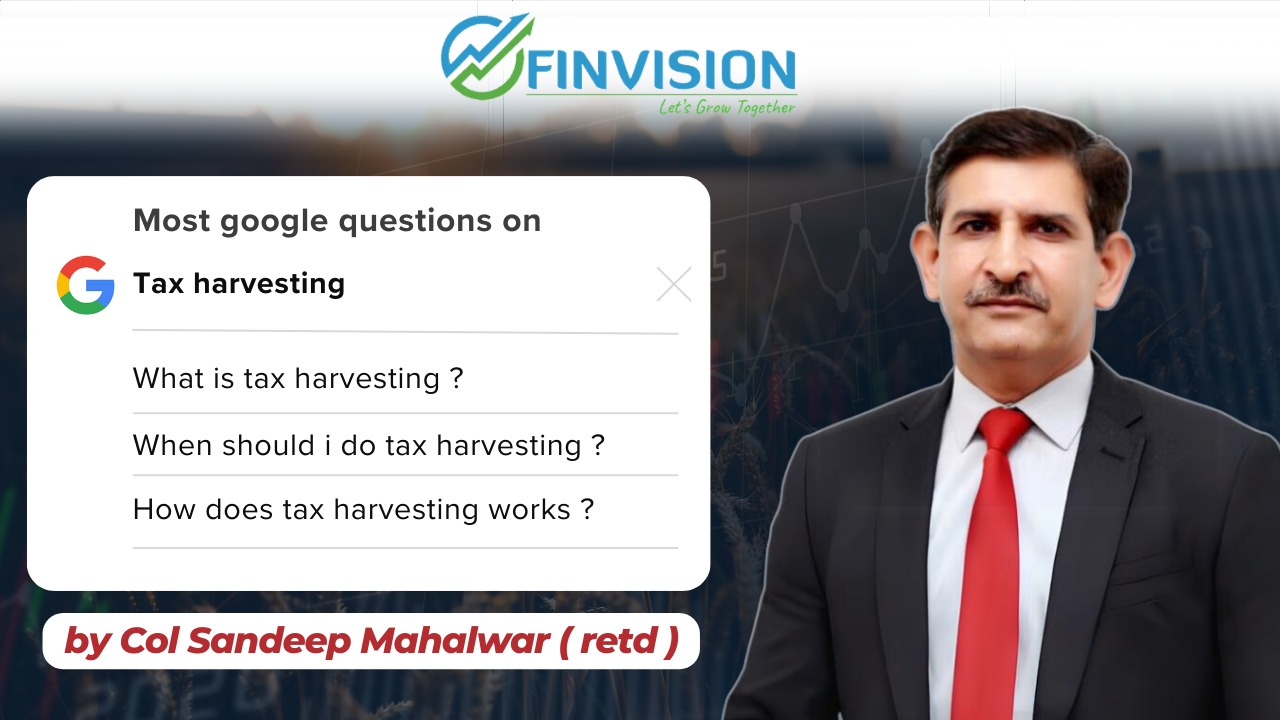

What is Term Insurance?
The purpose of term insurance is to assure a stream of income to the family for when you might not be around. When you buy a term insurance product, you pay a small fee every year to protect your downside. And in the event of your passing, the insurance company pays out a large sum of money to your family or your loved ones. Ideally, this money should replace you financially. It should support your family when you’re no longer the breadwinner. While the base product is simple enough to understand, some key questions still remain.
What is an ideal cover for your Term insurance policy?
How much money do you need to replace yourself financially? There are a few key things you have to remember here. If your lifestyle demands a certain level of spending you will need to keep it up if you don’t want your absence to be felt. So if your income is ₹1Lakh every month, your insurance product should replace this ₹1 Lakh income.
To make the calculation easier, your ideal cover must be = 10-15 times of annual income + loans + liabilities
How much Insurance cover should a serving/retired Armed Forces officer have?
Since the median income for the serving officers is approximately ₹2 lakhs per month i.e. ₹24 lakhs per annum. Thus the ideal insurance cover for the officers should be ₹2.4 to ₹3.6 crores [ ₹24 lakhs x (10 to 15) ].
Officers are covered by AGIF/ NGIF/ AFGIS with an insurance of ₹1 Crore and ₹10 lakhs for serving and retired, respectively. However, that is not adequate to maintain desired life standards. Therefore, out of the ₹3.6 Crores of cover required, if we deduct ₹1.5 Cr for the pension to the family and/or the Life Insurance cover they get through AGIF/ NGIF/ AFGIS, officers still need a minimum additional cover of ₹1 to 1.5 Crores.
Myth: Armed Forces personnel and war-like casualties are not covered by private life insurers.
Fact: Serving and retired personnel are covered by private insurers. And there are policies that cover all types of casualties, including the war and war like situations.
What’s an ideal policy duration?
With a term insurance product, you keep paying your premiums until you die or the policy lapses. There is an expiration date and it’s on you to decide how long you want to keep your policy. You have to make this choice at the time of purchase because it can’t be changed afterwards. As a broad guideline one should have insurance cover should be upto 60-80 years of age.
How does a Life Stage benefit help you?
Term insurance policies are extremely rigid. You can’t change your life cover once you sign the deal. So if you buy a policy when you’re young, your cover might become inadequate in the future, when you marry and you have kids. Unless you opted for a life-stage benefit. In which case, the insurer will offer you the option to increase your cover by a certain amount during major life events. It’s this sort of flexibility that you need in a good term insurance policy.
What is a ‘waiver of premiums’?
A waiver of premiums might not sound like much. But if you are permanently disabled or if you are forced to quit your job because of a critical illness, this benefit could be a lifesaver.
Extra cover for accidental death?
If you pay a little bit extra alongside your base premium, your family could get some extra money and some extra protection in the event of your accidental death. Having said that, you must never reduce your term cover just because you have some protection here.
Myth: Suicide cases are not covered under Term Insurance policies.
Fact: Almost all term insurance policies cover suicide cases after one year.
How does a Critical illness Benefit help you?
Your medical bills will be taken care of if you have an extremely comprehensive health insurance policy. But once diagnosed with a debilitating disease, you’ll be forced to take a break. You won’t be able to go to work. If you opt for a critical illness benefit, things won’t have to be this grim. All you have to do is choose the amount when opting for the benefit and you can use this money to replace your lost income if you are ever diagnosed with a critical illness. But remember, most policies will pay out the corpus from your sum insured. And your term cover will reduce by an equal amount.
Should you opt for a Terminal illness Benefit?
While this seems like a nice benefit to have, the likelihood of a doctor certifying a terminal illness and the insurer accepting the assessment isn’t all that high. So you should consider this fact before opting for this particular rider.
Can you beat inflation with increasing cover?
A ₹1 Crore cover can be insufficient if you haven’t taken inflation into account. If you are looking to buy a term policy with an increasing cover each year, remember your premiums will also grow in tandem. You could opt for this benefit or you could simply do the calculation right now and pick a larger cover that will protect against inflation.
Should you decrease your cover as you grow older?
As you grow older, your family may no longer be as dependent on you as they once were. Your savings’ corpus increases in value and you won’t need the same level of financial protection. Some insurance companies offer you the option of decreasing your cover as you grow older. It means you will have to pay lower premiums as your cover diminishes in value. While this might be a feature some people would seek, it’s very hard to predict future financial obligations. So if you are opting for this rider, make sure you are absolute on not needing a massive cover as you grow older.
How long should be the premium paying term?
Ideally, the premium paying term should last up until you are earning i.e. maximum upto 60 years for the salaried class.
To know more and purchase the right insurance policy covering war and war like situations, please contact us @ 011-40044366 / 9654341212 / 7508055826











